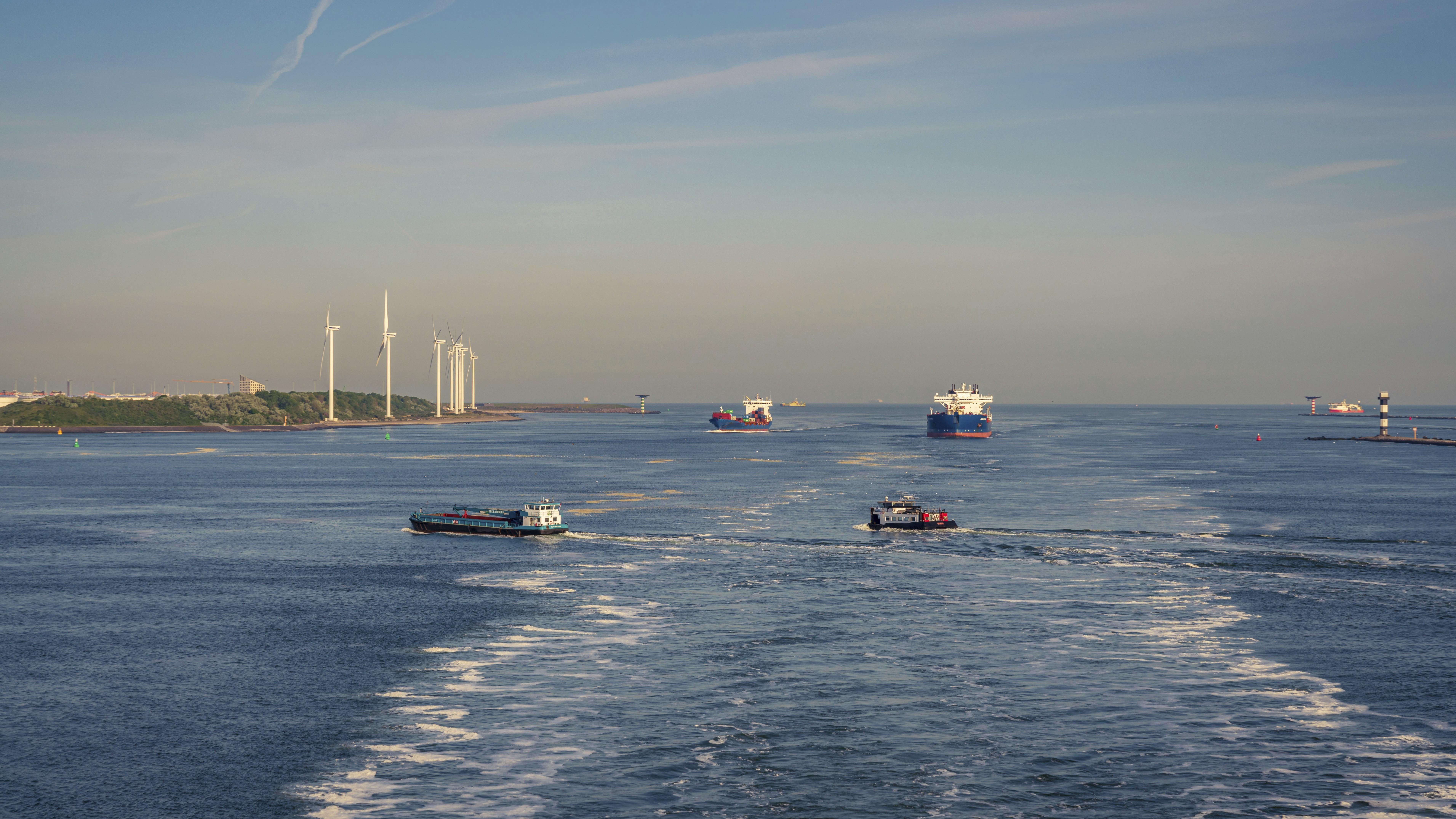The critical infrastructures located in the North Sea play a vital role for Belgium and its European partners, whether in terms of energy supply or digital connectivity through submarine cables and wind farms. Aware of the importance of these issues, Belgian special forces recently conducted a series of unannounced exercises to test the security of these installations.

Installations in the North Sea—such as submarine cables, wind farms, and pipelines—are a fundamental pillar of our modern society: They provide a significant share of the energy supply, ensure international digital connectivity, and support the country’s economic stability.
However, their location in open sea exposes them to various threats, be it sabotage attempts (targeted destruction, introduction of malicious devices), espionage (clandestine topographic surveys, interception of data passing through cables), or accidental disruptions (collisions with a ship or underwater vehicle). In a tense geopolitical context, the desire of certain actors to map these sensitive infrastructures or seize strategic control of them highlights the need to protect these networks effectively. Without solid security measures, any damage to these installations could result in large-scale outages, affect the national energy supply, and severely disrupt digital communications, with major repercussions for defense, the economy, and citizens’ daily lives.
During these maneuvers, elite troops simulated various threats, ranging from espionage to sabotage, to identify potential vulnerabilities and assess the preparedness of the teams responsible for their protection. For confidentiality reasons, the precise details of the operation have not been disclosed, but the findings are considered critical by government authorities and the private sector, including the network operator Elia.
This approach reflects an environment of heightened surveillance, where certain non-NATO countries regularly show interest in exploring or even neutralizing these sensitive facilities. Because submarine cables, pipelines, and wind farms are essential for economic stability and energy security, they remain a major concern for national and international policymakers.
From an operational standpoint, the Belgian Navy is a key player in securing the maritime zone by maintaining a constant presence in national waters. The Maritime Information Crossroads (MIK), based in Zeebrugge, continuously coordinates the activities of Defense, the maritime police, customs, and the Federal Public Service for Mobility. Thanks to this permanent monitoring, any suspicious movement can be quickly detected and analyzed, ensuring an optimal response in the event of a threat.
